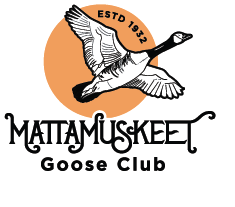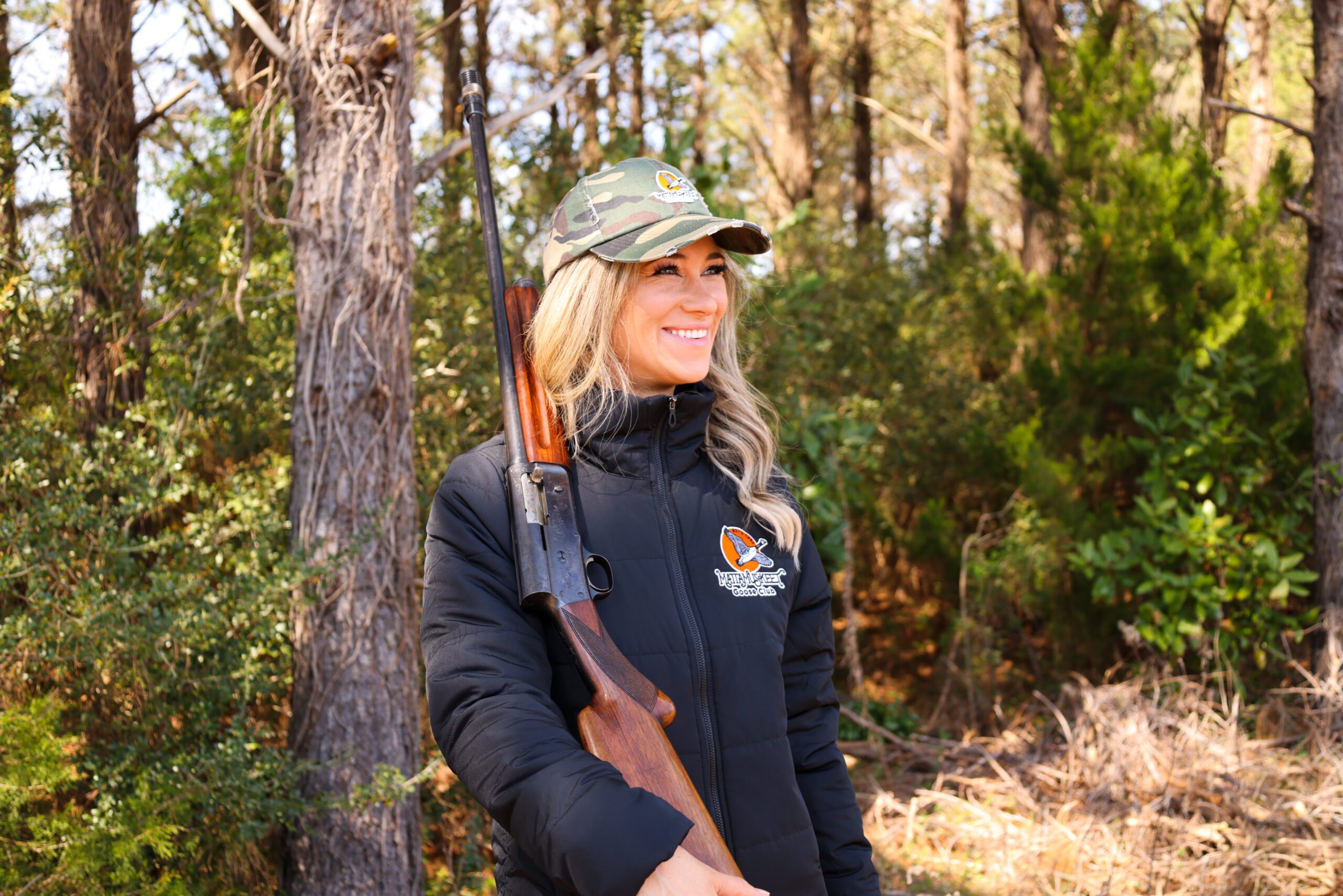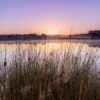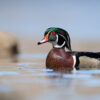Hunters from all over the East Coast eagerly return to Mattamuskeet Goose Club every year, drawn by the exceptional hunting experiences and the unmatched natural beauty of Lake Mattamuskeet. Nestled in the heart of Hyde County, North Carolina, this club has become a favorite destination for waterfowl enthusiasts seeking both challenging hunts and peaceful moments in the great outdoors. The Mattamuskeet Goose Club offers a combination of expert guidance, prime hunting locations, and access to one of the most iconic waterfowl habitats in the Atlantic Flyway, creating an experience that keeps hunters coming back season after season.
One of the main reasons hunters love visiting Mattamuskeet Goose Club is the abundance of migratory waterfowl that frequent the area. Lake Mattamuskeet, the largest natural freshwater lake in North Carolina, serves as a critical stopover for ducks, geese, and swans traveling along the Atlantic Flyway each winter. Hunters can expect to encounter Canada geese, snow geese, and a variety of duck species including pintails, mallards, and teal. The thrill of watching flocks of birds break over the horizon at sunrise is a sight that resonates with both seasoned hunters and those experiencing waterfowl hunting for the first time.
Another reason this club has built such a loyal following is the expertise and hospitality provided to every visitor. Planning a successful hunt requires more than just showing up with a shotgun and decoys—it involves understanding the birds’ patterns, the weather, and the unique conditions of the marshes and wetlands. The team at Mattamuskeet Goose Club ensures that hunters are placed in the most strategic locations and offers tips for improving success in the field. For many, the combination of professional guidance and local knowledge is what transforms an ordinary hunting trip into a memorable tradition.
The club also provides access to some of the most scenic and productive hunting grounds in the region. Lake Mattamuskeet and its surrounding wetlands create a diverse habitat that attracts waterfowl and provides hunters with unique opportunities to experience nature up close. The serenity of the open water, the calls of geese echoing across the marsh, and the sight of a bald eagle soaring overhead all contribute to the unforgettable atmosphere that makes every trip special. Many hunters describe their visits as more than just hunts—they are immersive outdoor experiences that reconnect them with the rhythm of the natural world.
Safety, ethics, and conservation also play a major role in why hunters choose Mattamuskeet Goose Club year after year. The club emphasizes following all local and federal hunting regulations, including the use of non-toxic shot and adherence to daily bag limits. Additionally, the staff promotes ethical hunting practices that respect the land and wildlife, ensuring that future generations can continue to enjoy the sport. Hunters are encouraged to keep up with the latest updates from the NC Wildlife Resources Commission, which provides essential information on waterfowl seasons, limits, and permit requirements.
Beyond the hunt itself, the sense of community is another reason this club stands out. Many hunters form lifelong friendships and family traditions at Mattamuskeet Goose Club, returning every fall and winter to share stories, enjoy the camaraderie, and experience the same excitement they felt on their first visit. Whether it’s the shared thrill of a successful hunt or the quiet satisfaction of watching the sun rise over the wetlands, the memories made here last a lifetime.
For those who appreciate waterfowl hunting and the beauty of North Carolina’s coastal wetlands, Mattamuskeet Goose Club offers a truly unmatched experience. The combination of rich wildlife, expert guidance, and the peaceful backdrop of Lake Mattamuskeet makes it easy to understand why so many hunters return year after year. Visiting isn’t just about filling a game bag—it’s about embracing a tradition, connecting with nature, and enjoying one of the most rewarding outdoor adventures in the region.












